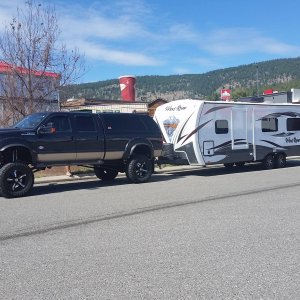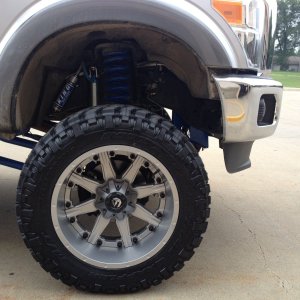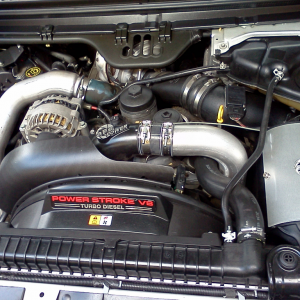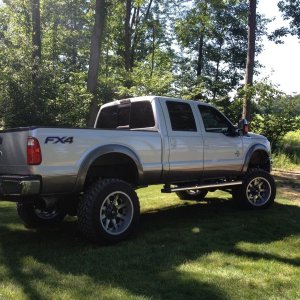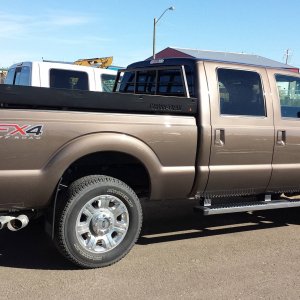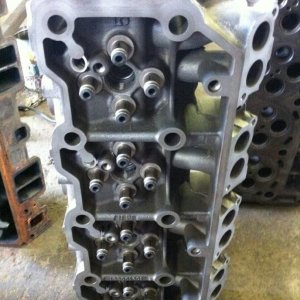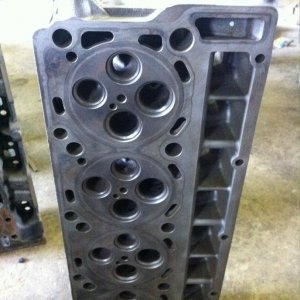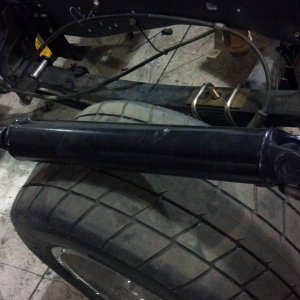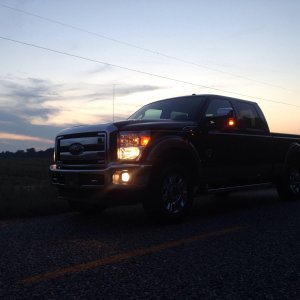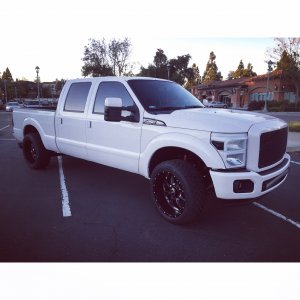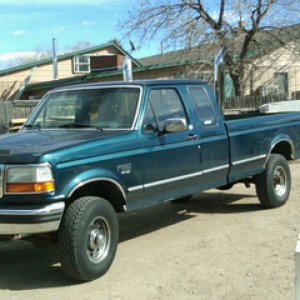every bolt/stud is designed to stretch. it's only a couple thousandth's, but it stretches.
the tty bolts, the yield is when it stretches. you throw those away, because when they stretch, their junk for re-use.
to put a "stock" amount of tq on a aftermarket stud, will not give you the same clamping force as a tty bolt, as materials are different.
all tq values, along with the lube provided/used, is designed to either stretch that bolt/stud that right amount, or get you right to that point.
to use a lesser amount is pointless and won't get you anywhere, except failing faster, as there is not a adequate amount of tq to hold everything tight.
when your tightening your trailer ball on your hitch, are you going to really crank on the nut because your supposed to, or are you just going snug it up, cuz your concerned about a tq value??
and, in general, upping the "grade" of the bolt, will require a HIGHER tq value, to achieve the proper clamping force. the higher grade bolt will allow the higher tq value before breaking, this is why it higher grade.

